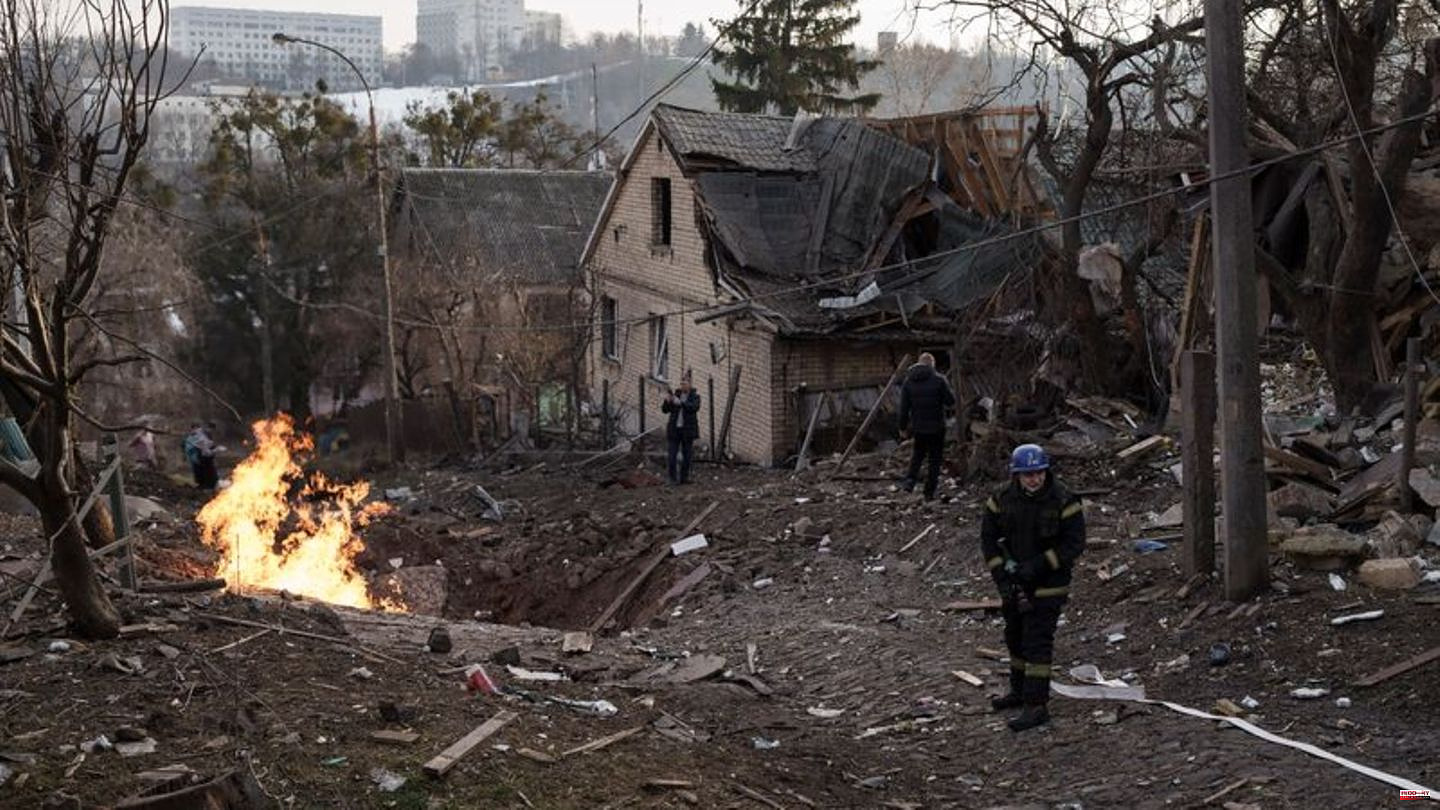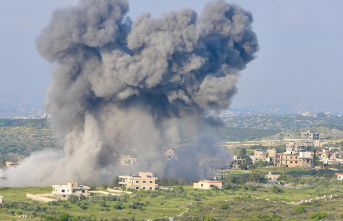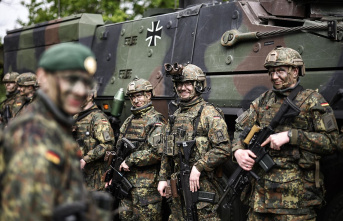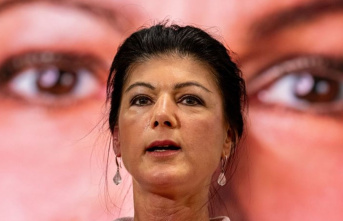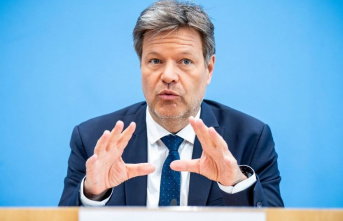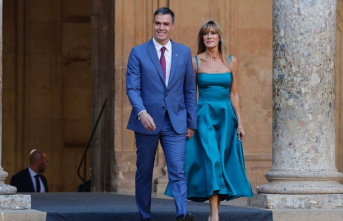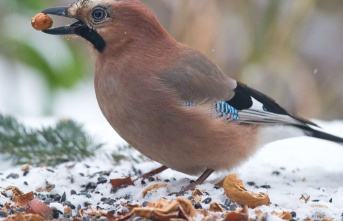Former Bundeswehr and NATO general Hans-Lothar Domröse expects a ceasefire in Russia's war of aggression against Ukraine later this year. "I'm expecting a standstill in early summer, when both sides say: Now it's no longer of any use," Domröse told the newspapers of the Funke media group. "We will have a truce sometime in 2023."
The most likely time between February and May is a situation "in which both sides realize that they are getting stuck," says the former general. "That would be the moment for ceasefire negotiations." But this does not mean peace for a long time. "A ceasefire means: we stop shooting. The negotiations are likely to take a long time, you need a mediator: maybe UN Secretary General Guterres, Turkish President Erdogan or Indian President Modi - although nobody is really imposing."
Domröse: Interim solution conceivable
Domröse said there was only a negotiated solution that was acceptable to both sides - "even if Putin would actually like to have all of Ukraine and Zelensky would like to liberate all of Ukraine again." As a possible solution, the ex-general called "Zelenskyj not demanding that areas like Crimea be immediately reintegrated into Ukraine - a transition could be agreed".
Russia and security expert András Rácz from the German Council on Foreign Relations also told the Funke newspapers that negotiations between Ukraine and Russia could take place in the summer. "I'm pretty sure we'll have some sort of truce by the end of the year: hopefully no more fighting, but certainly a lot less fighting."
It is unlikely that Russia would want to wage an intensive war before or during the upcoming presidential election in 2024. He expects that Russia will therefore want to reduce the intensity of the fighting over the course of the year. "Also because the supply problems for the Russian army are likely to increase in the summer."
The CDU European politician David McAllister emphasized that the Kremlin cannot and must not impose a dictated peace on Ukraine. "The Ukrainian government alone decides whether and when the conditions for the ceasefire negotiations are in place," the chairman of the Foreign Affairs Committee in the EU Parliament told the Funke newspapers.

